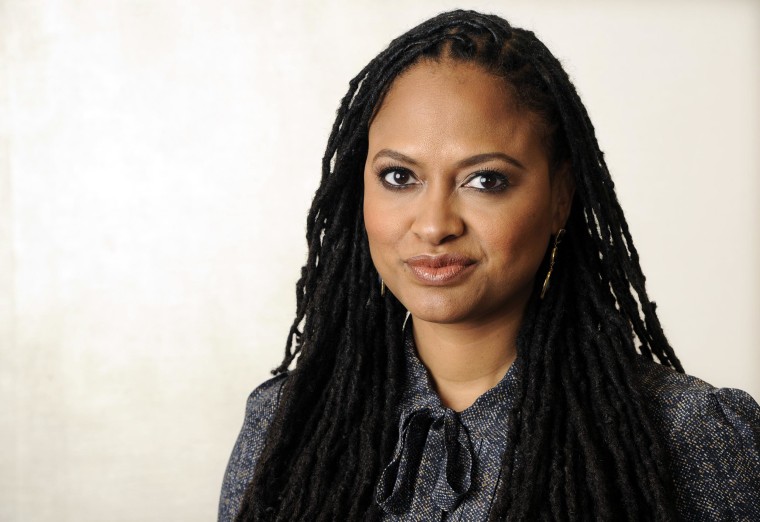Something amazing happened this week on Twitter. Academy Award nominee, director Ava DuVernay, founder of the African American Film Releasing Movement (AFFRM), organized a massive "Rebel-a-Thon." The online event included the voices of 43+ black filmmakers—some well known, like Debbie Allen and Malcolm D. Lee others up-and-coming. Oh, not to mention an appearance by Oprah.
These filmmakers tag teamed, answering questions from the masses, creating community and engaging the twitterverse all day long, as part of a campaign for AFFRM’s 2015 Rebel membership drive.
With diversity or rather the lack thereof being a constant topic of discussion in Hollywood, this 12-hour Twitter event—#ARRAY trended all day long—was a gut check for the “green lighting” elite. Black filmmakers, writers, actors etc. will no longer be quiet with regard to the blatant discrimination they face— either see them or they’re taking their talent and social media savvy elsewhere. Black people, especially those on social media are the force behind must-tweet-TV.
Without the backing of traditional studios, black filmmakers are finding different avenues to getting their work to the masses. The Digital Age has democratized entertainment in a way many probably never thought possible. Why wait for your film to get picked up by Fox Searchlight when you can hustle through mediums like Kickstarter to get your work funded (without the whitewashing) and then pushed out online?
The black filmmaking revolution has begun—and it will be tweeted, streamed and downloaded!
I am here for the rebels and revolutionaries that buck the status quo in order to establish a new normal. What I am NOT here for however, are the black filmmakers and actors that are being taken to task by social media “trolls”— for simply asking audiences to expand their perceptions on what “normal” looks like.
Just recently actor Michael B. Jordan wrote an essay at Entertainment Weekly, to quiet the critics (read: racists) that decided to air their “grief” (all over his timeline) regarding the Fruitvale Station star being cast as the Human Torch, a character that was white in comic book the Fantastic Four.
As per the case when black celebrities are trolled for speaking up against the dangers of “colorlessness” and daring to celebrate their blackness— B. Jordan took the high road:
Some people may look at my casting as political correctness or an attempt to meet a racial quota, or as part of the year of “Black Film.” Or they could look at it as a creative choice by the director, Josh Trank, who is in an interracial relationship himself—a reflection of what a modern family looks like today.
Why should B. Jordan and others be forced into a position where he has to defend his race against critics? These people aren’t outraged over what they perceive to be his lackluster acting—but instead his skin color. What’s fascinating if not most troubling is that these people say nothing when directors like Ridley Scott decide to cast all white actors for historical films set in Africa--‘Exodus’, Cleopatra, Apache just to name a few, and who could forget the film ‘A Mighty Heart’, where Angelina Jolie played a Mariane Pearl, a black woman?
When films featuring prominent people of color are whitewashed the masses of trolls never seem to bat an eyelash but a fictional character like Rue in ‘Hunger Games’ causes a meltdown.
In a call to the trolls, Michael B. Jordan finished his essay brilliantly, with a pointed message:
To the trolls on the Internet, I want to say: Get your head out of the computer. Go outside and walk around. Look at the people walking next to you. Look at your friends’ friends and who they’re interacting with. And just understand this is the world we live in. It’s okay to like it.
Our world is changing and evolving at a breakneck pace and while we continue as black people to have to advocate for our own humanity in the streets and the tweets— it’s the images of blackness on the small and big screen—complex and multidimensional, that will work to reshape our idea of what “normal” looks like. And just in case you were curious… it ain’t all white.

